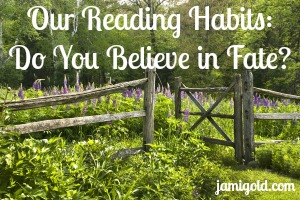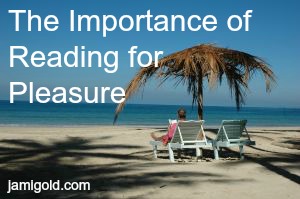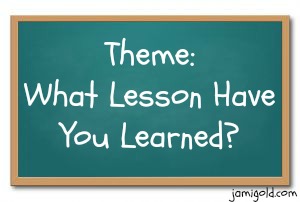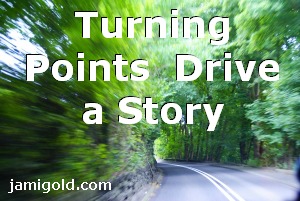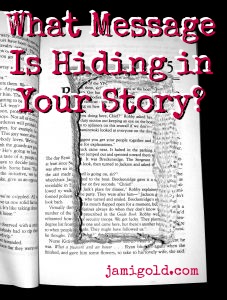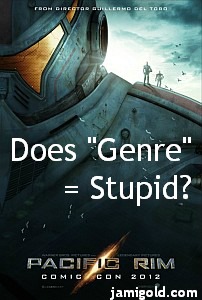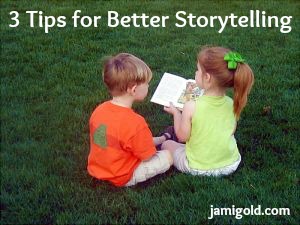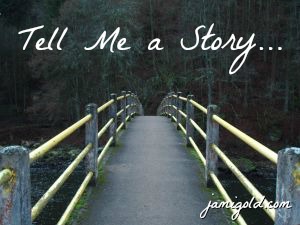Reading is subjective. The stories some of us hate, others love. Personally, I have no interest in non-genre stories. This is not a sign of my inability to think deeply, but rather a personal preference. Mary Buckham’s ideas about the differences between literary and commercial fiction made me wonder about this preference.
Pin It
Read More
Too many kids who were voracious readers earlier in their life learn to hate reading during their teenage years. According to a post on Writer Unboxed, one third of high school graduates won’t read another book—for the rest of their lives. For too many, reading becomes a means to an end. Absorbing knowledge. Period. And reading for pleasure now seems like a faraway dream.
Pin It
Read More
We normally create stories where the point—the theme—is in line with our worldview. But it’s not unusual for our characters to hold opposite beliefs, even our protagonists. At least to start. And their story journey is often where our theme lies.
Pin It
Read More
We often struggle with identifying a story’s theme, and when it comes to including themes in our own stories, we might be at a loss for how to do so. This past weekend, a writing workshop for preteens included lessons on how to write with themes. The processes the kids went through to discover how to incorporate themes in their stories might help us too.
Pin It
Read More
Last week, we looked at turning points from the perspective of beat sheets—how to identify them and ensure they’re changing the direction of the story enough to deserve their name. But turning points affect the story in other ways too. Turning points aren’t just about plot twists. (In fact, plot […]
Pin It
Read More
Taglines are like the phrases on a movie poster: short, intriguing, punchy, attention-getting. In addition to taglines for our writing, we might also want one about us and our author brand.
Pin It
Read More
Last week we discussed the messages and meanings hidden within genre stories. Sometimes we, as writers, might not be aware of all the impressions readers take away from our writing. The messages readers get from our writing aren’t always explicitly stated. That is, a story’s meaning and hidden messages lurk in […]
Pin It
Read More
I make no secret of the fact that I’m a genre girl. I prefer genre stories (of almost any genre) over most literary fiction. Ditto for movies. Give me an action, sci-fi, comic book, or adventure story, and I’ll be there buying tickets. Even for the cheesy ones like Green […]
Pin It
Read More
Last time, we talked about how good storytelling can salvage even a poorly written book. As I mentioned in that post, storytelling skill is different from writing skill. Many people have a hard time defining what makes good storytelling—and that makes it difficult for us to improve. Yet I’d argue […]
Pin It
Read More
What makes some poorly written books fall flat on their face while others succeed despite their flaws? One common answer is “storytelling ability.” But what is storytelling? The concept can seem vague and immeasurable—rather like “voice.” A recent experience with two poorly written books gave me insight into how a […]
Pin It
Read More

